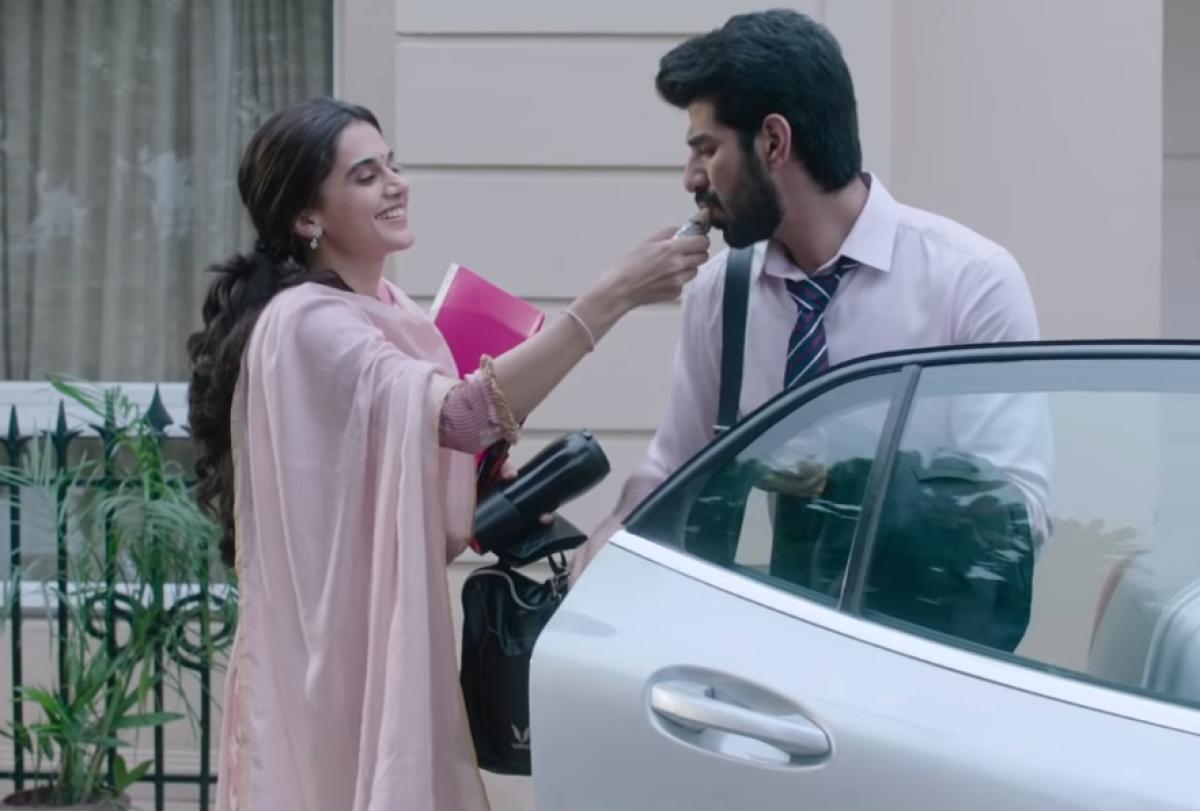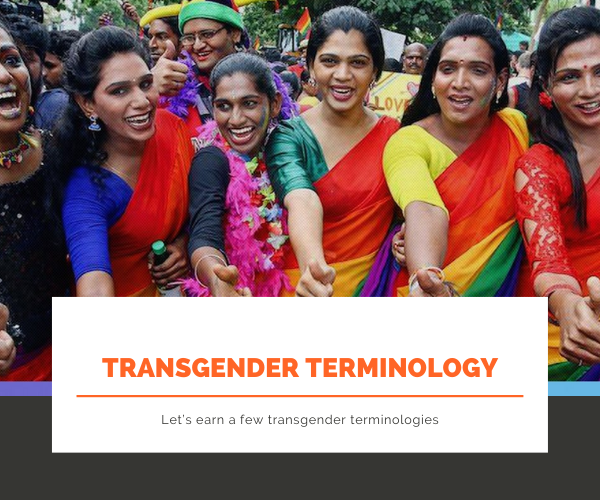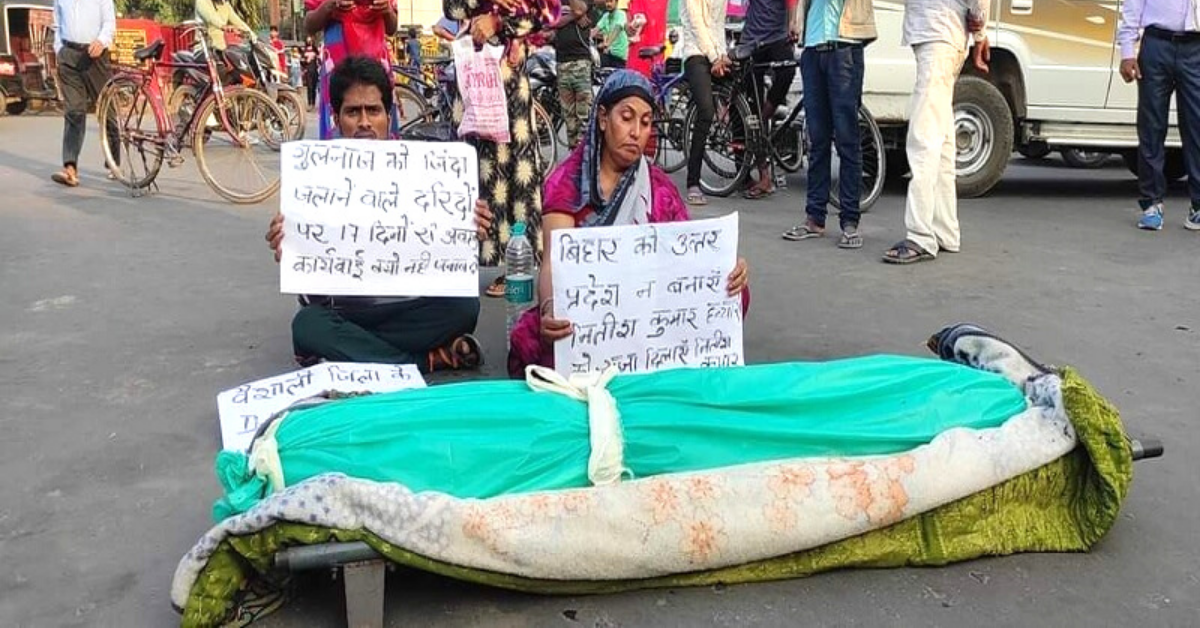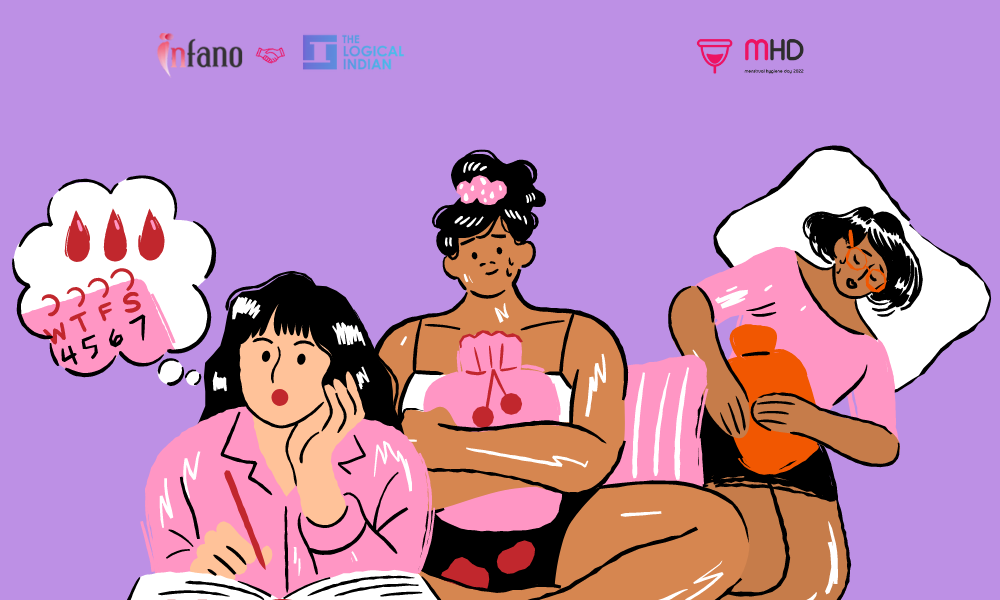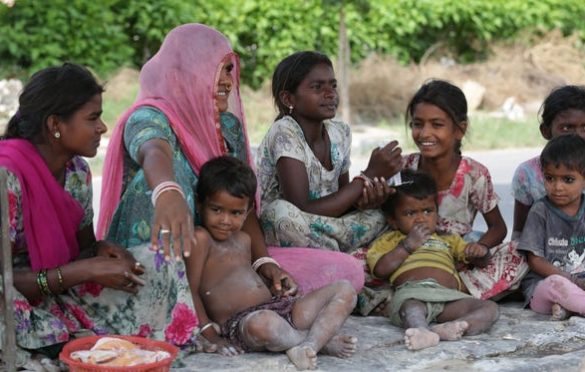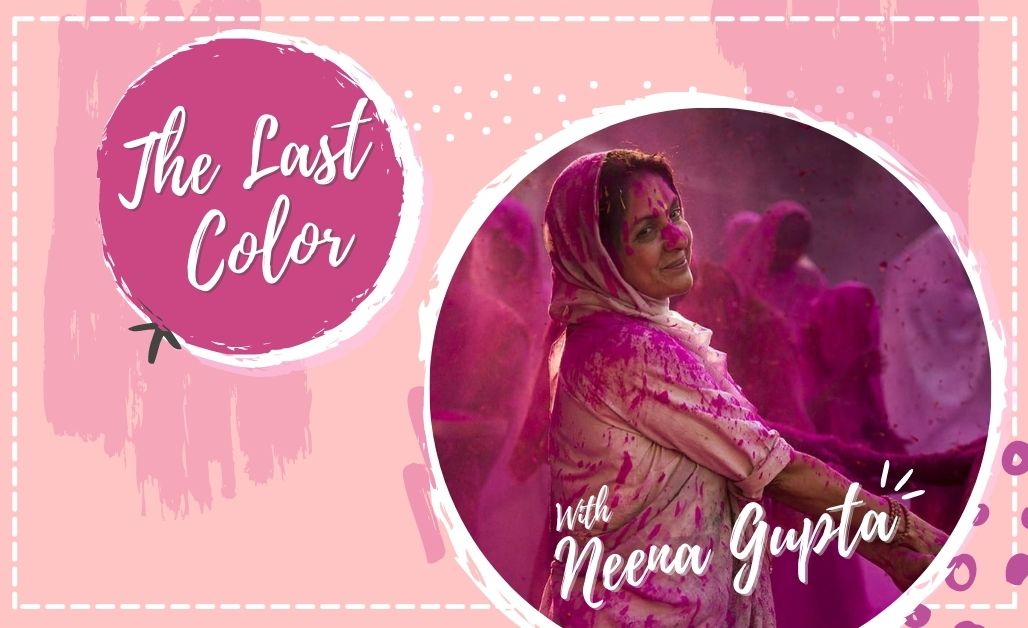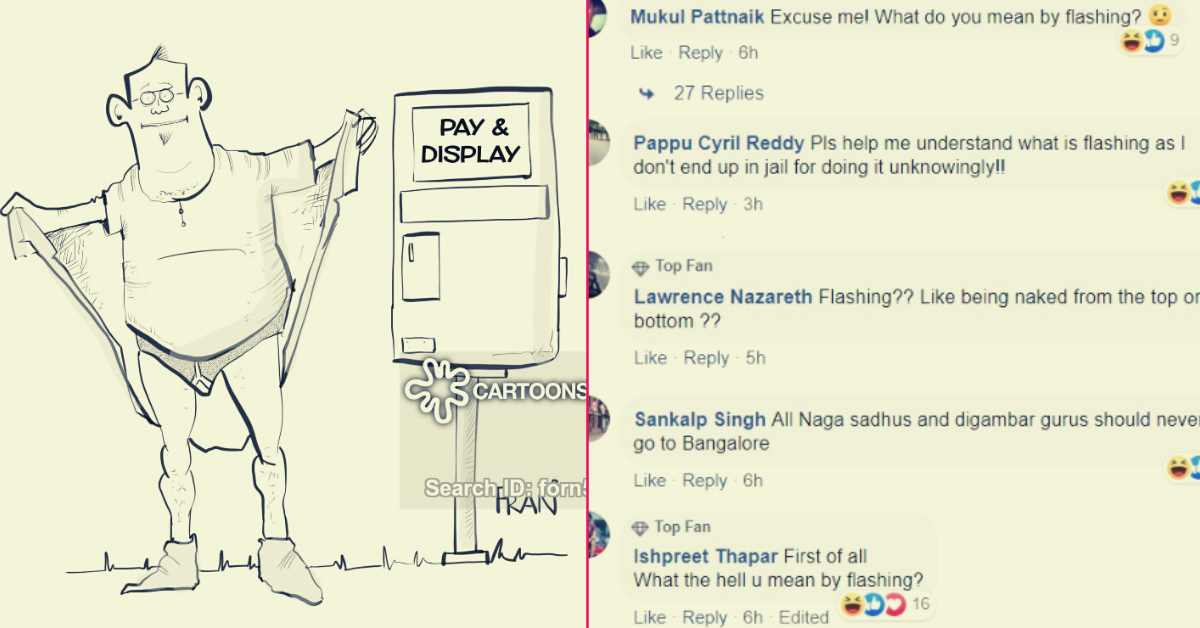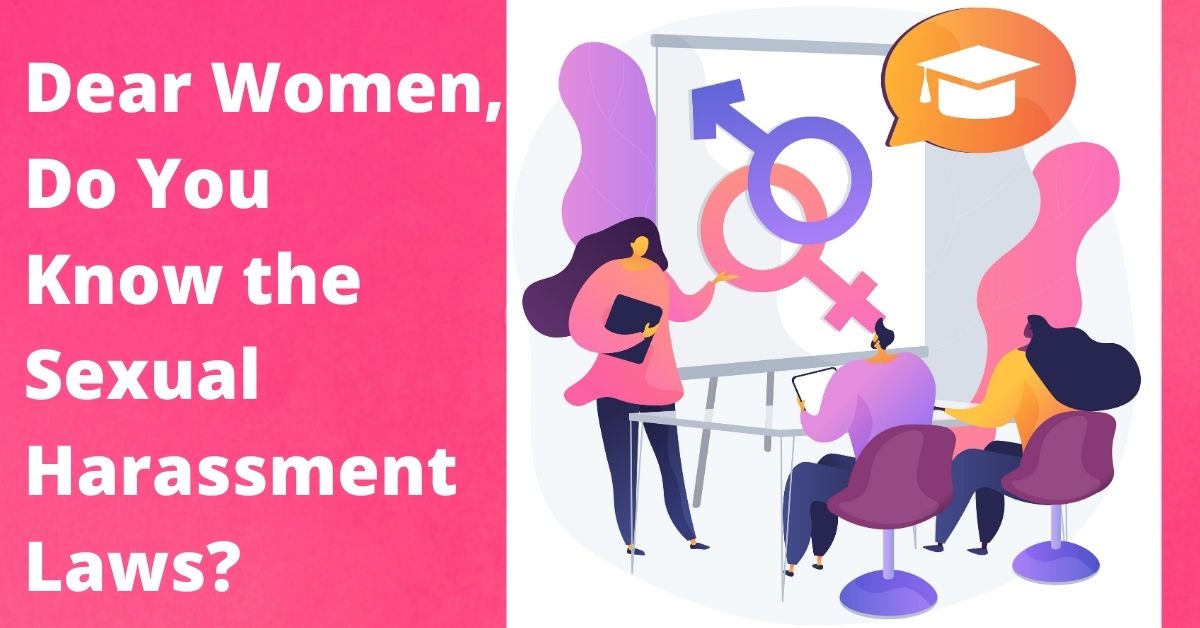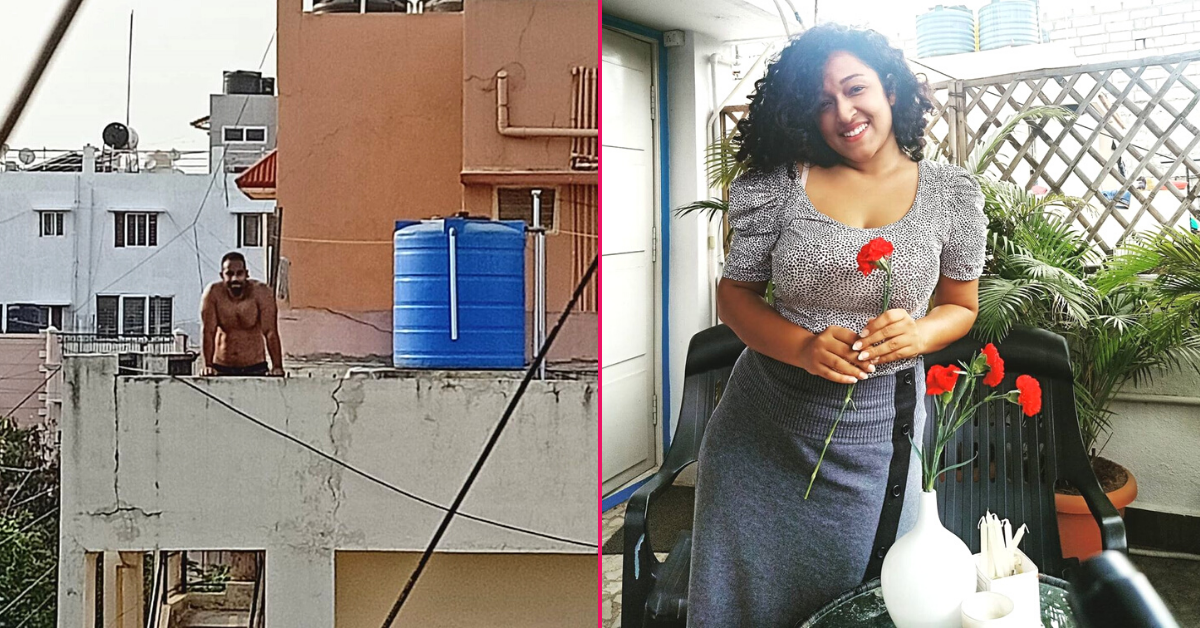Indian parents educate and bring up their daughters, only to make them quit their careers later to marry and settle down, because after all, that’s the purpose of a woman’s life, isn’t it? Daughters spend their entire life asking for permission from their parents to do things, thinking things will change as adults. But Indian parents control every aspect of a woman’s grown up life as well.
“Till you are in my house you will do as I say, then it’s your husband’s call”, is a sentence we hear too many times growing up thinking that a modern progressive husband will probably not interfere in our decision making, But that’s not how it works, does it?
“Will you allow me to work after marriage”, is then another question we seek answers from during the matchmaking process. Because guess what, Indians want a highly educated woman but not a working woman. She has to end her career to take up her roles as wife and daughter-in-law and having a full-time job won’t let her do that. Because then, who will take care of the house?
Ghar kaun Sambhalege? Who will take care of the house?
The reality is that Indian marriages seek more homemakers to run the house effectively so that a man can continue going about his everyday life smoothly. Basically, they need a support system for the man and the availability of free labour for all household work. Our society has put the pressure of livelihood earning on a man’s shoulders and made the woman the primary caregiver. Marriage then is less of a partnership and more a caretaker’s job. A woman may be a lawyer, a doctor but her cooking skill takes precedence over the endless nights she spent earning her degree.
Marriage is a very important milestone. As is followed in most cultures, the woman leaves home to join her husband and makes a new beginning in an entirely new space which may or may not involve more family members. A man moving in with his in-laws as a ghar jamai is frowned upon by society. Moving cities or homes and living with a new person, adapting to a new family, etc. is a very big adjustment. But ‘adjust and compromise’ are the keywords in a good marriage or so we are told and the onus is only on the woman to make these adjustments and compromises.
For an already working woman, this new lifestyle may seem overwhelming and many chose to take a break from their career to take out time for it. Many others however leave their jobs at the behest of their new husband or in-laws. And some feel that since they have a person now to take care of them financially, their job and career is no more important. “He is already earning well, why do you have to do a job”, is a question people ask.
A job means having an identity of her own beyond the role of a wife, daughter, and mother. It is the platform for her skill and creativity. Being a woman does not mean that cooking and needlework are the only skills to possess. And if a woman retains the job, motherhood becomes a milestone where she is expected to then give up her career because who will take care of the kids?
Don’t quit your job just for the sake of marriage
Marriage or pregnancy should not necessarily mean a stop in the career. Take a break if that is required to slip into marital life or motherhood, but let it not be a reason for quitting a career. But most Indian women know that this will only increase the pressure on them because our society has not trained men with life skills to run a house and has made this entirely a woman’s job. She knows that after slogging at work she has to rush to a home with hungry kids and husband, a home with dirty dishes and laundry and incomplete school work.
For a working woman, her job provides financial security, freedom, and independence. It earns her respect. This should not change. Financial independence is of utmost importance for any woman to fall back on in dire times. Not being monetarily dependent on the husband means that your relationship is not one of financial dependency. It’s more about companionship.
Having an income and being financially secure should earn you respect and can help to fall back on when times are bad. A husband should not be treated like an ATM machine. Those men who ‘disallow’ women to work after marriage are the result of the age-old patriarchy that is embedded in them and this behavior will extend to many other things after marriage. Indian households won’t even involve women in matters of finance and investments. Many a time women are left in the dark of family properties, assets, policies, and in case of divorce or widowhood, they are suddenly left to fend for themselves.
Men and women should be equal partners in every aspect, be it homemaking, parenting, or earning a livelihood. Though this is easier said than done, this should definitely be a strong factor while choosing a life partner. We need to change these narratives of seeing women only as homemakers and men as providers. Many young couples are identifying and waking up to the concept of equal work-sharing in marriage, realising that chores and financial burdens need to be shared. Though the final choice of picking up home over career remains a woman’s, the institution of marriage should not bind her to make this choice and should be her freewill. Support the women around you in making a respectful choice for themselves.

